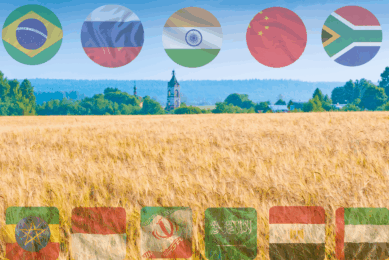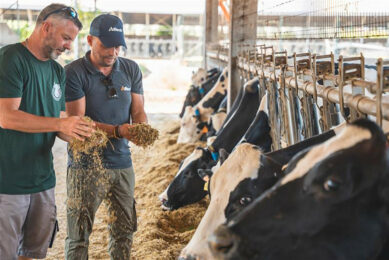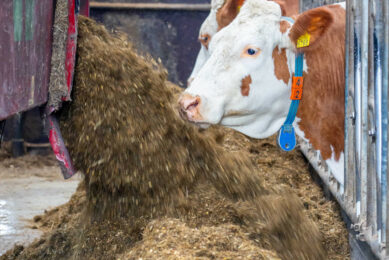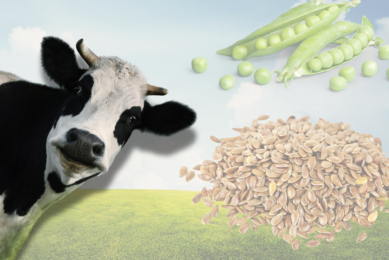Latvian dairy industry crisis to wind down
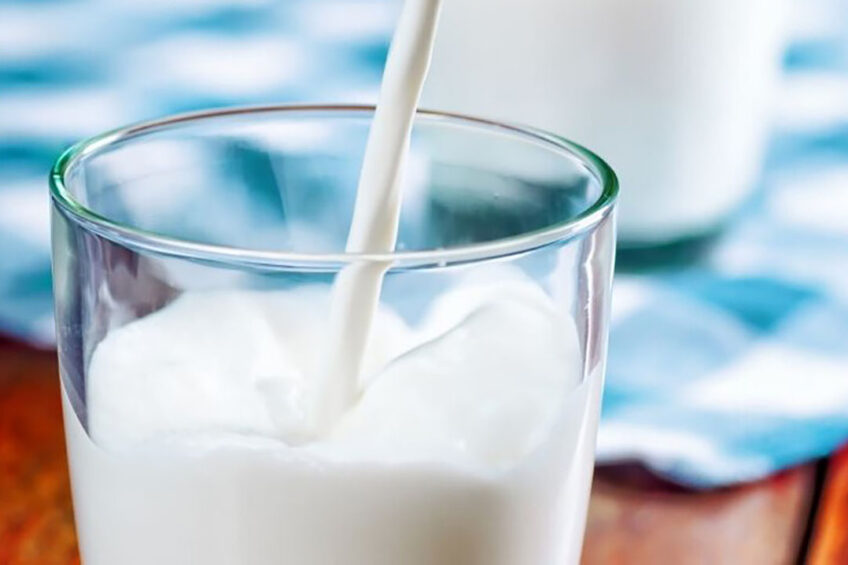
The current crisis in the Latvian dairy industry is expected to wind down in the next few months when wholesale prices of raw milk should rise to €0.40-€0.50, and production costs will retreat from the heights reached in 2022, Janis Sholks, chairman of the Latvian dairy union told local press.
Latvian dairy
The Latvian dairy industry strongly depends on the general situation in the European market since 65% of the milk produced in Latvia is exported as raw milk or in the form of dairy products.
“At present, in Europe there is too much of everything, including a large stock of butter, dry powder and technical dairy products,” Sholks said, admitting that currently, in the key sales markets, the supply is above the demand, and such balance of forces has been hampering prices.
Dairy price swings
The Latvian dairy industry is getting accustomed to price swings. In early 2022, wholesale raw milk prices were also low, but in the next several months, they substantially increased, making dairy companies profitable again, so they could start repaying their loans, said Guntis Gutmanis, chairman of the Latvian Council for Cooperation of Agricultural Organizations.
This situation has not lasted for long, and the price again dropped below the levels comfortable for dairy companies. Currently, Latvian milk farms feed their herds with last year’s expensive harvest, so the current prices, even though they are a bit higher than those achieved in the middle of last year, don’t cover the production costs.
Dairy farmer concerns
In the meantime, the Latvian association of agricultural statutory societies has appealed to the minister of agriculture, Didzis Šmits, asking to interfere in the dairy market in order to ensure that the purchase price is at least not lower than in neighbouring Lithuania. Latvian farmers raised concerns that businesses cannot sustain losses for long, and the current crisis could drive numerous farms out of business for the benefit of competitors in neighbouring countries.
Zigmars Kinkāns, head of the state support department of the Latvian Agricultural Ministry, however, claimed that the authorities would not step into the market to regulate prices. He explained that the dynamics of the wholesale milk price are cyclical, with several ups and downs usually seen during a year.
Estimated by Sholks, currently, 5,000 companies in Latvia are engaged in milk production, compared to 14,000 a decade ago.
Join 13,000+ subscribers
Subscribe to our newsletter to stay updated about all the need-to-know content in the dairy sector, two times a week.



